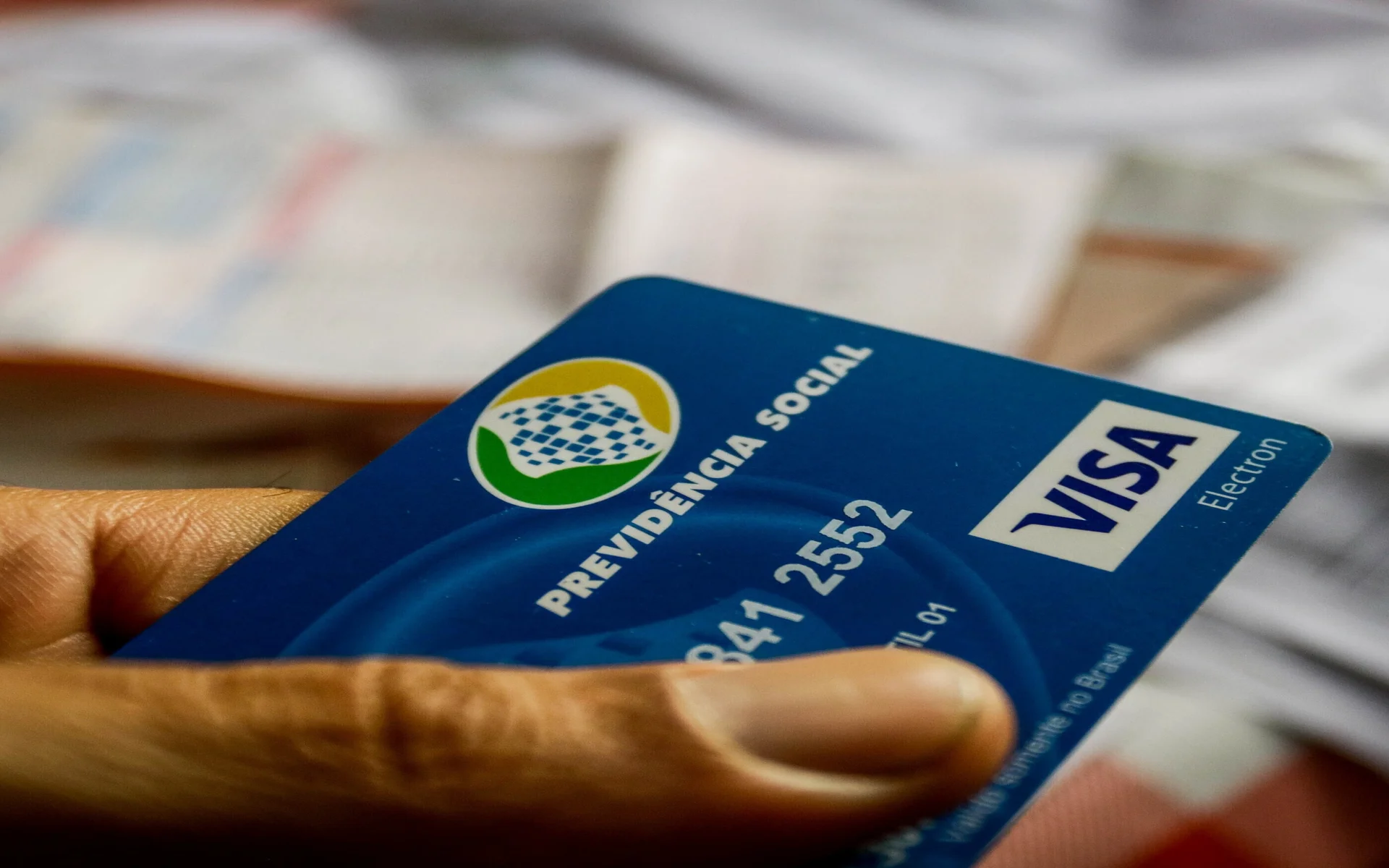Uncategorized
Federal Revenue will pay tax debts in installments over 10 years
Advertisement
The Federal Revenue published yesterday (August 12) in the Official Gazette of the Union an ordinance that facilitates the renegotiation of tax debts, with deductions that can reach up to 70% of the amount due and a payment period of up to 120 months (10 years). in most cases or up to 145 months in certain situations. The measure is broad and applies to individuals, individual microentrepreneurs (MEIs), companies, entities such as Santas Casas and cooperatives, and even public entities. Negotiations begin on September 1st.
The Federal Revenue regulation establishes a rule approved by Congress this year that expands the scope of the so-called tax operation – a mechanism that allows the government to grant certain debtors more favorable conditions for paying debts after assessing difficulties in paying the fault. The taxpayer can renegotiate directly with the Federal Revenue Service.
Values can be negotiated in tax administration processes (with a value exceeding R$ 10 million); Obligations that are still in the claim phase with the IRS, and debts that are being addressed by the tax authorities and have not yet reached the appeal process. The total stock of this debt is approximately R$ 1.4 trillion, but the Revenue did not provide an estimate of the likely collection from the program or the number of taxpayers who may benefit. For social contribution debts, the payment period is constitutionally limited to 60 months.
Public Entities and Federal Revenue
The rule also allows the use of court orders or credit rights with a final and definitive decision to settle tax obligations – including principal, fines and interest.
According to the measure, insolvent debtors, in judicial or extrajudicial collection, municipalities, foundations and public companies of the federal government are also among the recipients of the ordinance; and states, federal districts and municipalities, as well as the respective public bodies of indirect administration.
The new renegotiation of tax liabilities introduced by the regulation is much broader than traditional government programs, which normally only consider liabilities that have already gone through the full management process and are registered in the Union's active debt. Previously, the Federal Revenue Service was authorized to authorize participation in the program only for minor debts or debts that involve relevant legal controversies.
For financial consultant Elber Laranja, founding partner of management consultancy Antecipa Fácil, the measure significantly expands the range of debtor companies that can regulate their tax situation. More formal commercial relationships within the private sector or with a government body require regular tax obligations to materialize, and debtor companies are typically excluded from these opportunities, he explained.
For Orange, the measure could motivate companies that have already given up on their tax obligations to return to fulfilling their obligations.
Elections
The Federal Revenue Service has always opposed measures to renegotiate tax debts, such as the successive Refis, as it believes that they discourage the regular payment of taxes. The regulation published yesterday contradicts this understanding. There seems to have been a spark of opportunity to showcase something that worked less well in an election year as a service, said Elber Laranja.
As a negative impact of the measure, the expert also points to a drastic reduction in the expectation of debtors being charged by federal revenue and a surcharge. The feeling that these measures leave is that only bad payers benefit from the tax authorities: those who pay correctly pay 100, those who pay incorrectly receive a discount.
See too:
About the author / Tiago Menger
Trending Topics

How to pay IPVA with credit card? Complete guide!
Find out the details of calculating IPVA such as market value, state rates and how to make payment using a credit card.
Keep Reading
mySugr app: see how to manage your diabetes with the app
Discover how the mySugr diabetes app facilitates glycemic monitoring. Discover the features and benefits of this practical tool!
Keep ReadingYou may also like

Smart Cleaner: application to clean your cell phone memory
Discover the Smart Cleaner application, ideal for managing and eliminating unnecessary files on your cell phone and freeing up memory space!
Keep Reading
Netflix: Cheapest plan with ads will have a catalog with less content
This week, Netflix finally officially announced the launch of its cheapest ad-supported plan in Brazil.
Keep Reading
